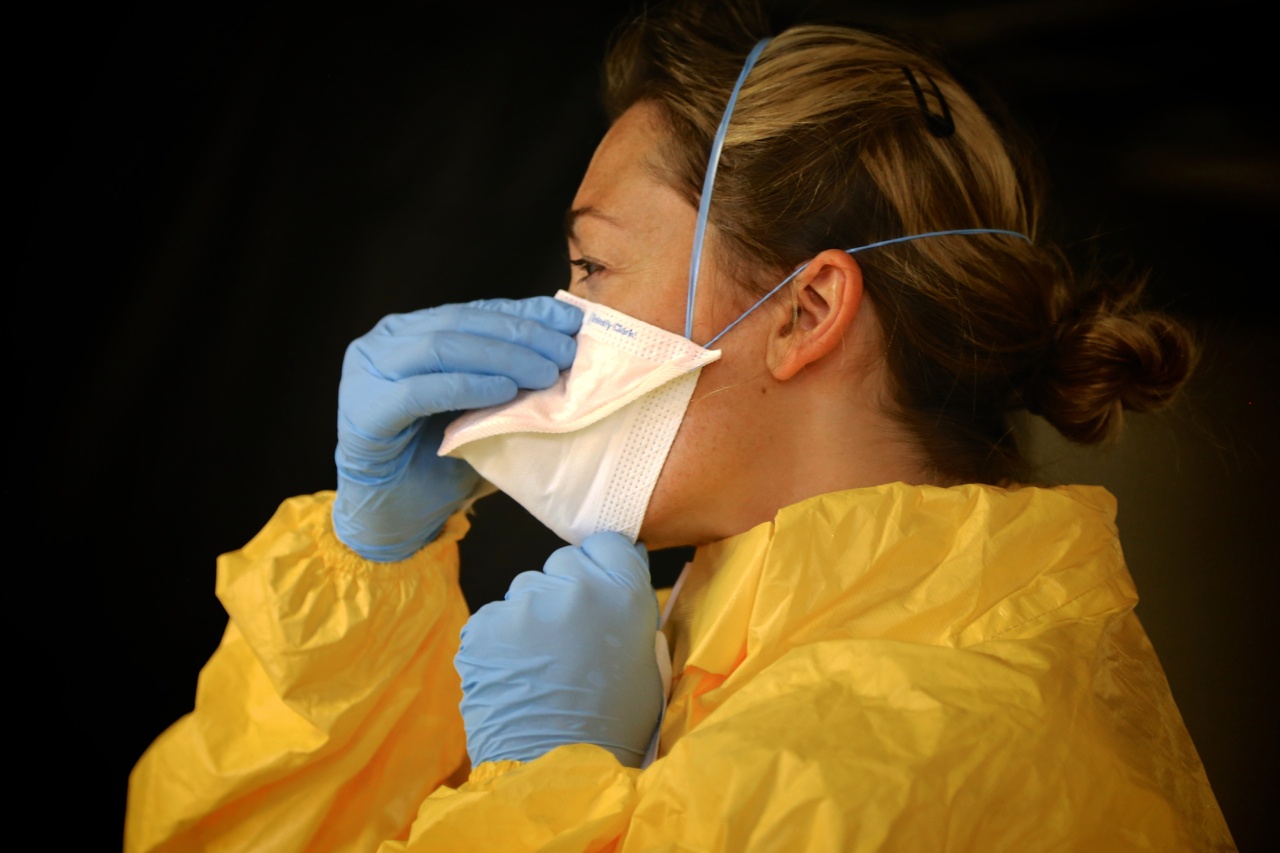Nephrolithiasis, also known as kidney stones, is a common condition that affects a significant percentage of the population.
The condition occurs when crystals form in the urine and then grow into larger stones that can block the urinary tract, causing pain and discomfort.
Symptoms of Nephrolithiasis
The symptoms of nephrolithiasis are varied and can range from mild to severe. Symptoms include:.
- Sharp pain in the lower abdomen or back
- Pain during urination
- Blood in the urine
- Nausea and vomiting
- Frequent urge to urinate
If you experience these symptoms, it’s important to visit your doctor immediately.
5 Prevention Tips for Nephrolithiasis
- Stay hydrated: Drinking plenty of fluids can help flush out the kidneys and prevent the formation of stones. Aim to drink at least 8 glasses of water a day.
- Avoid high-sodium foods: A diet high in sodium can increase the risk of kidney stones. Be sure to avoid processed foods, salty snacks, and fast food.
- Eat a calcium-rich diet: Contrary to popular belief, a diet that’s too low in calcium can actually increase the risk of kidney stones. Be sure to eat calcium-rich foods like dairy products and leafy greens.
- Get enough vitamin D: Vitamin D helps the body absorb calcium, which is essential for preventing kidney stones. Be sure to get enough vitamin D each day, either through exposure to sunlight or by taking supplements.
- Limit protein: Eating too much protein can increase the risk of kidney stones. Be sure to limit protein intake, especially if you have a history of kidney stones.
Final Thoughts
Nephrolithiasis is a common condition that can cause significant discomfort and pain. By following the prevention tips listed above, you can reduce your risk of developing kidney stones and maintain optimal kidney health.






























